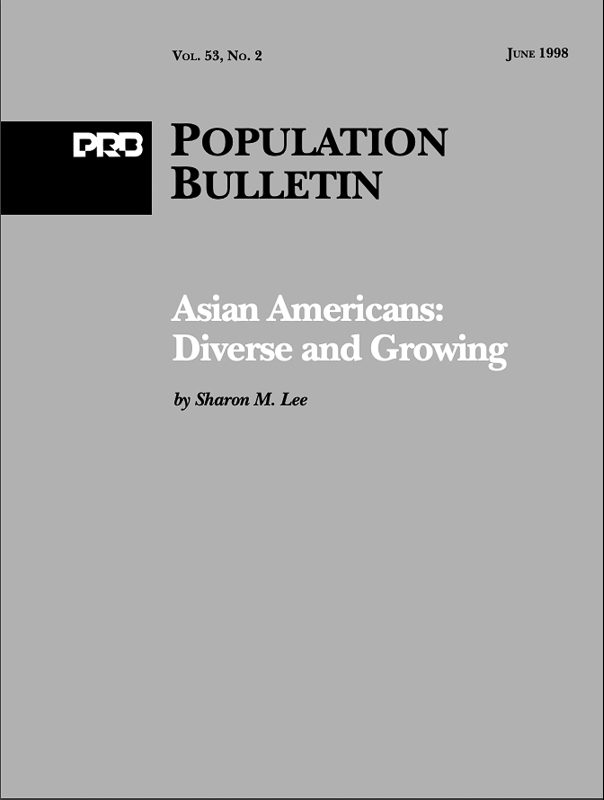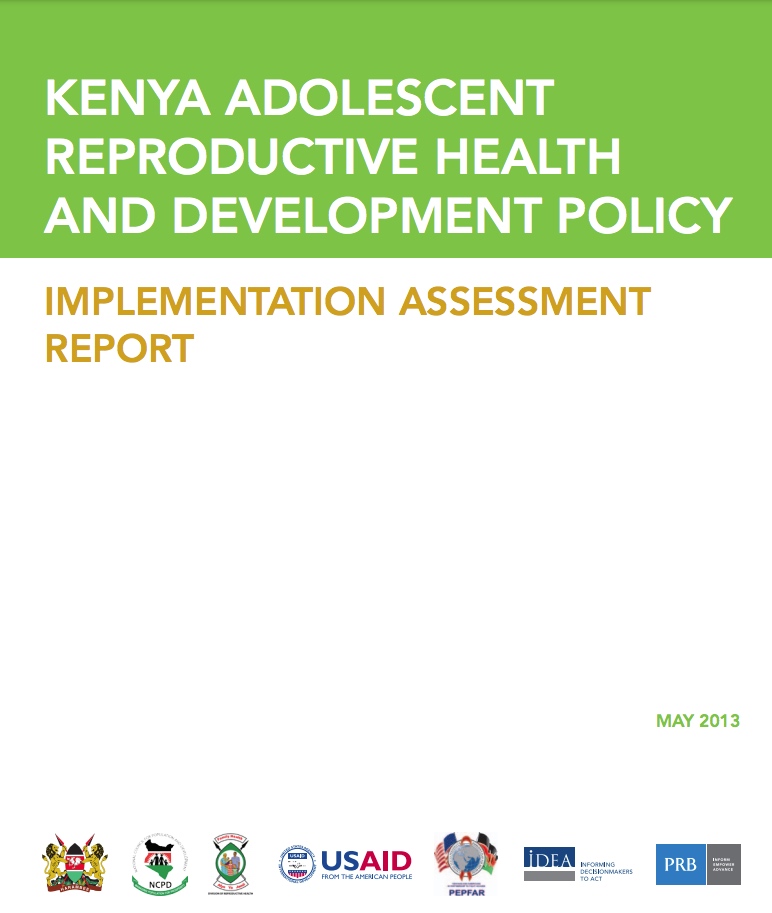The Rural Rebound
(1999) Both of these visions of rural America reflect a fundamental fact: Throughout most of the 20th century, millions of people moved out of the thousands of towns and counties nestled far from major highways and city lights. American agriculture prospered, but the mechanization of farm work, several droughts, and the changing economics of farming hurt once-thriving small towns and counties.






